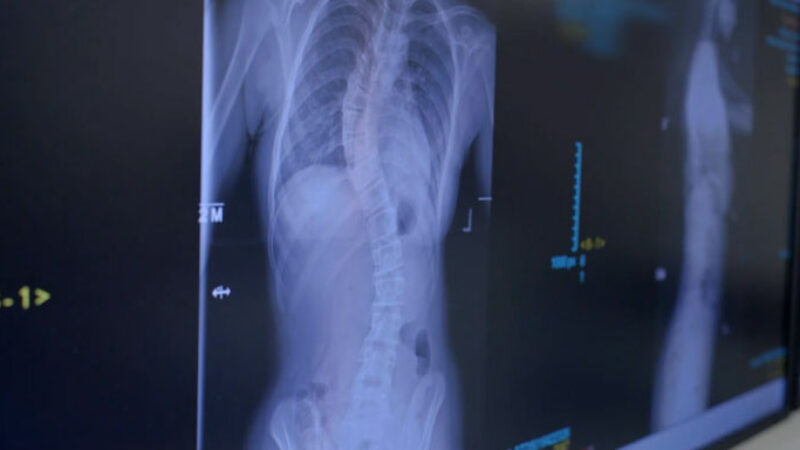
Andrew Simpson is a clinical scientist in physiological measurement, performing and interpreting/reporting advanced physiological measurements during patient’s procedures at South Tees Hospital NHS Foundation Trust.
Andrew recently undertook Newcastle’s intraoperative neuromonitoring (IONM) course run in collaboration with US educator, the Center for Electroneurodiagnostics (CEN), to complement his local IONM training, which he aims to complete by March 2024.
It is at this point that Andrew’s newly acquired IONM competencies following this comprehensive 9 month learning programme can be signed off culminating in a Certificate of Intraoperative Neurophysiologic Monitoring with a focus on Spinal Deformity.
Enhancing clinical insight, judgement and practice
Andrew is relatively new to the field of clinical measurement. His NHS career began as a computer scientist and IT engineer, prior to retraining as a clinical scientist in medical physics and physiological measurement from November 2019 and gaining Clinical Scientist HCPC registration in January 2023.
He says that this IONM course has given him an in-depth understanding of the human anatomy and interrelated nervous systems, alongside the importance of neurophysiological monitoring, all enhancing his clinical insight, judgement and practice beyond measure.
Andrew explained: “I am part of a relatively new team where we are all fairly new to IONM, so having access to a training provider to provide the knowledge that I am unable to get at my local hospital has been really invaluable to me.
“Undertaking this course has also complemented my local training, and there’s no doubt that both my knowledge and comprehension have been on a rapid, extremely steep learning curve since embarking on this course.”
Andrew Simpson, clinical scientist in physiological measurement at South Tees Hospital NHS Foundation Trust.
Applying theory to practice
Andrew added: “I really enjoyed the course material – the way it was delivered fit in with my work schedule and I was able to quickly apply the theory to practice as my understanding of the underlying anatomy and pathology being monitored deepened. It has helped me build confidence about my skills as a neuromonitoring practitioner in theatre, especially as a relatively new clinical scientist monitoring scoliosis surgery.”
Whilst Andrew’s motivation for attending this course was specific to IONM during corrective spinal surgery the prospectus is diverse and wide ranging, designed to benefit anyone in this field whether early in their intraoperative monitoring career or at a more experienced stage in a range of different monitoring modalities.
“The diligence of the course incorporating simulation training, hands on experience and an extensive supervisory period has not only greatly enhanced me both personally and professionally,” said Andrew.
Find out more about our Intraoperative Neuromonitoring course here“It has also helped me to recognise how we could monitor other surgeries under consideration for the future as the demand for IONM grows in our Trust. Specialist procedures such as craniotomy and spinal tumour resection, which we tend to outsource for monitoring expertise, so this means my organisation will benefit greatly too.”
